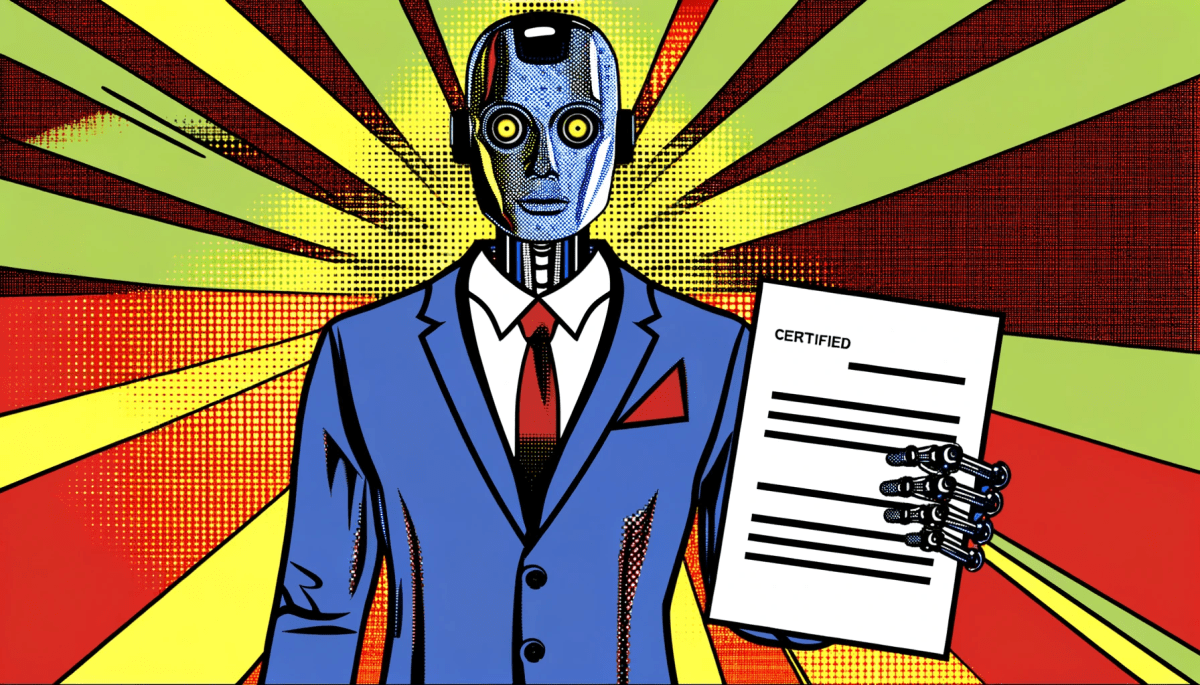

Took a lot of scrolling to find an intelligent comment on the article about how outputting words isn’t necessarily intelligence.
Appreciate you doing the good work I’m too exhausted with Lemmy to do.
(And for those that want more research in line with what the user above is talking about, I strongly encourage checking out the Othello-GPT line of research and replication, starting with this write-up from the original study authors here.)
















It’s quite plausibly real. Gemini can def get in shitposty basins and has historically had a fairly inconsistent coherence across samples.